The Four Corners of Africa: Zimbabwe, Zambia, Botswana and Namibia
Impalila Island, flanked on the north by the Zambezi River and to the south by the Chobe River, is home to some spectacular wildlife. It was also home to my family, for a couple of magic days.
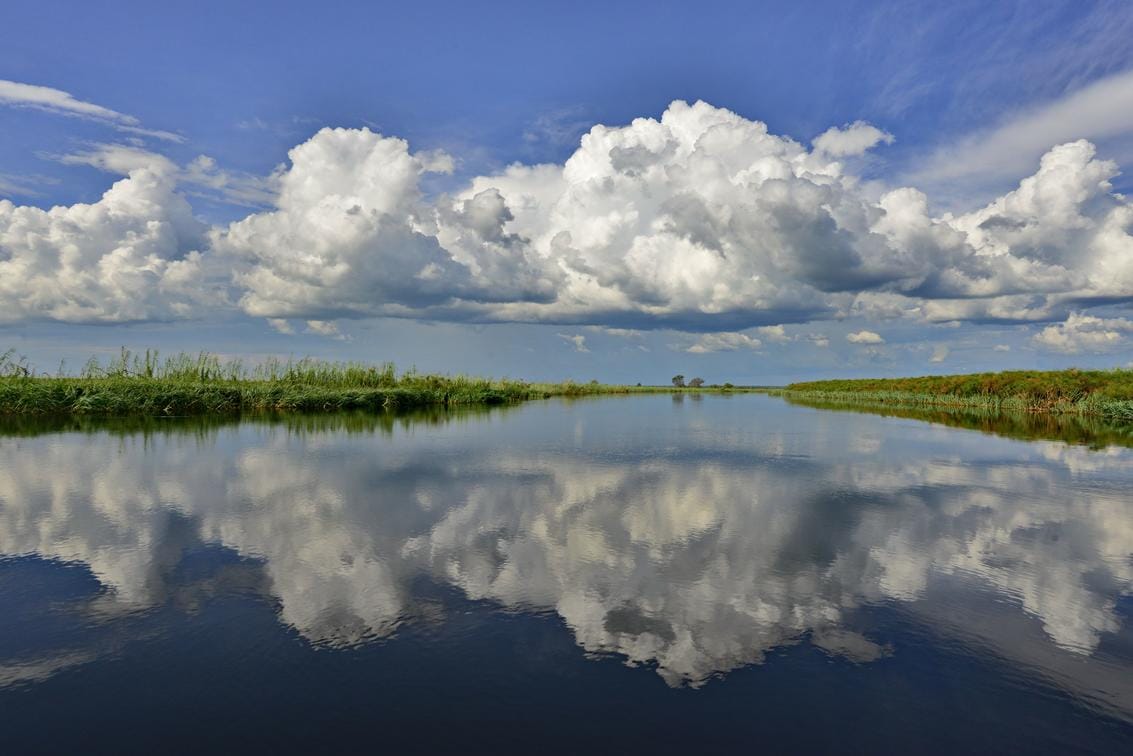
There are more than 150 tripoints in the world (ed. a place where the borders of three nations meet) but only one international quadripoint and here we were. Perched precariously, in the top of a 2,000-year-old baobab tree, looking out over the only place in the world where four countries meet and two great African rivers join. We were on Impalila Island, on the banks of the Chobe River, at the eastern tip of the Caprivi Strip, a small slither of land that belongs to Namibia. From our vantage point at the top of the tree, we could see Zimbabwe, Zambia, Botswana and Namibia as well as the confluence of the Chobe and Zambezi Rivers.
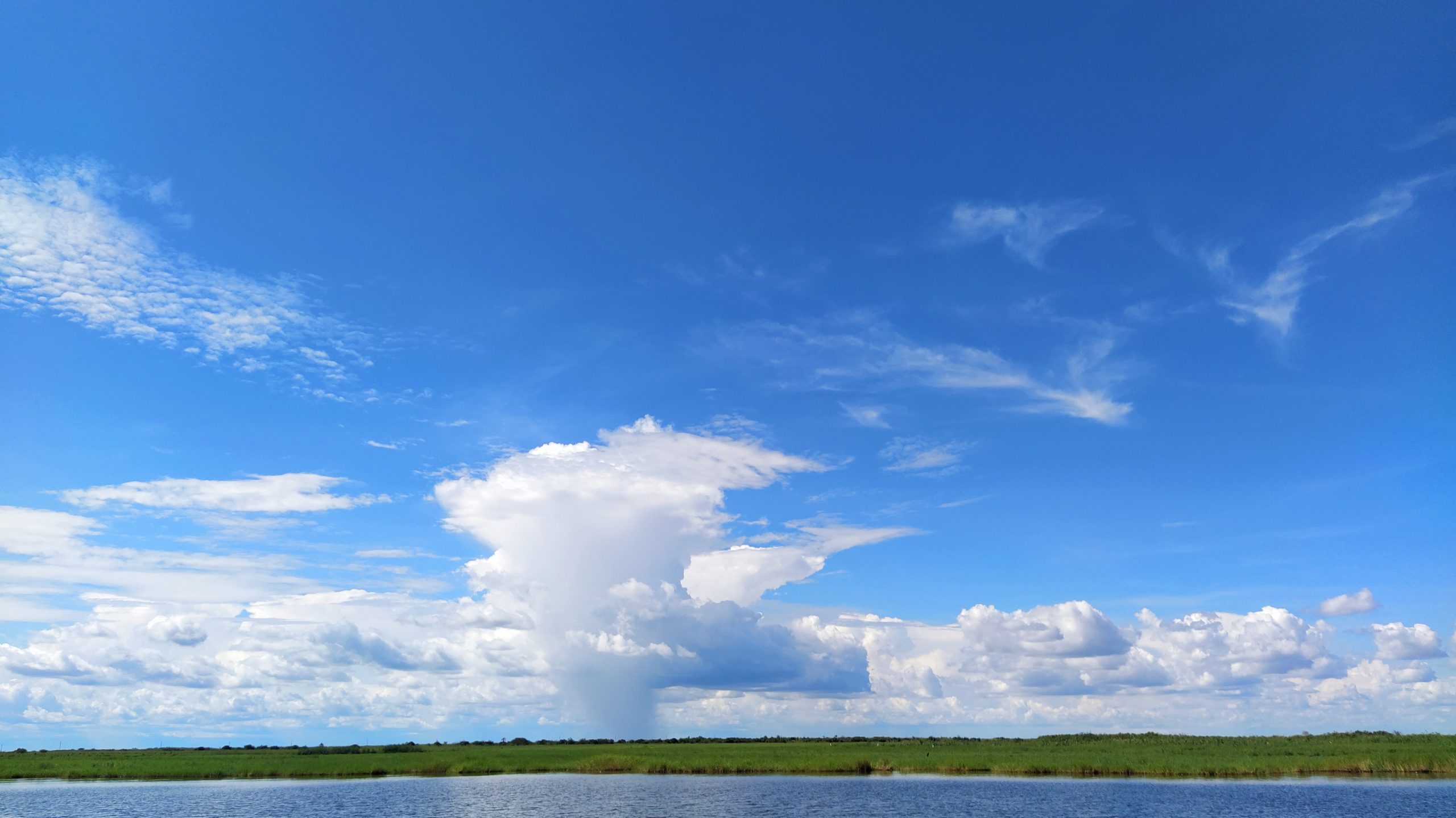
If I thought climbing up the tree had been a bit hair raising, getting down had my knees wobbling like jelly and it was only by scrambling inelegantly onto our guide’s shoulder, as he stood helpfully at the base of the tree, that I managed to get my feet back onto terra firma! I quite envied my husband, who had rather sensibly stayed on solid ground, watching as our kids scampered up like seasoned mountaineers and I laboriously heaved myself up the metal rungs that were placed just that little bit too far apart for my legs to stretch between comfortably.
[gallery link="file" size="full" type="rectangular" ids="15457,15461,15459"]
Back firmly on the ground, we headed back to the welcome comfort of Ichingo Chobe River Lodge. 'Ichingo' means spearhead, the name coming from the triangular shape of Impalila Island. Found on the south side of the island, the lodge is a birding and fishing paradise, so well camouflaged by riverine forest that you wouldn't even know it was there, if not for the motorboats tethered neatly on the banks below. The area around the lodge is an incredible maze of waterways, floodplains and bush. Over 450 species of birds have been recorded here including some rarer species like the Pels Fishing Owl, rock pratincole, African skimmers, and Pygmy geese. The tiny reed islands opposite the lodge were densely populated by weaver bird’s nests and their constant chatter and activity continued whenever there was daylight.
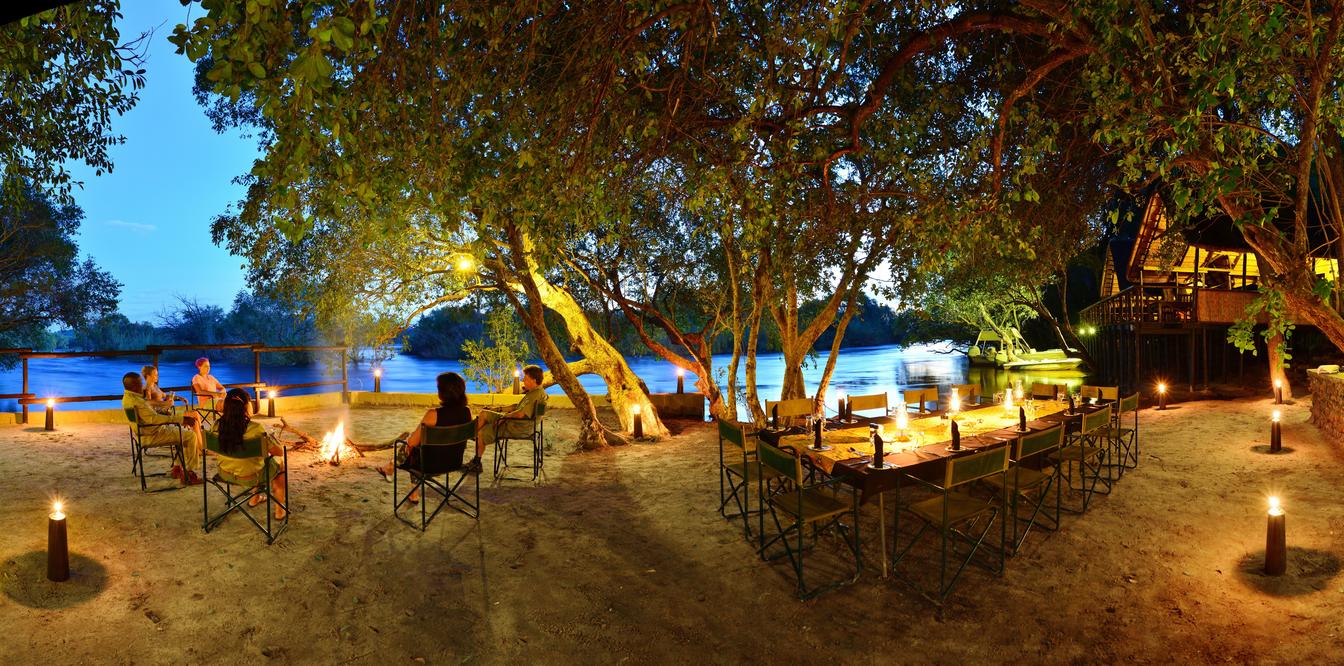
Nestled under huge Jackalberry trees was our ‘tent’, and I use the term advisedly, as we had proper beds, tables, chairs, an ensuite bathroom and even air-conditioning. We could sit on our private deck to take in the views and at night were lulled to sleep by the sound of rushing water in the river below.
My family are of the opinion that no trip to the Chobe River, in fact to any river, is complete without trying your hand at fishing. Never one to stand in their way, but not being an angler myself, I happily waved them off with their rods and a full cool-box to try their luck. Each tent has its own assigned tender boat and personal guide, and with access to over 100km of prime fishing waters. I was sure they wouldn’t come back empty-handed. Not being crazy about fishing, I decided to wait by the pool with my book for their return.

Herds of elephants, temperamental looking buffaloes, yawning pods of hippos and solitary, stealthy crocodiles.
Several hours later they were back. The waters around the lodge are home to the sought after, ferocious tiger fish, as well as tilapia, African Pike and Zambezi Yellowfish. Despite this, my husband and sons between them had only managed to hook a solitary tiger, which had managed to jump off the line, taking the lodge’s policy of ‘catch and release’ a little too literally! They returned to the lodge with all the usual fisherman’s excuses about how it was the “wrong time of day”, or the “wrong time of year”, or wrong time of “something or other”… I personally think it was too much chatter and perhaps too many beers!
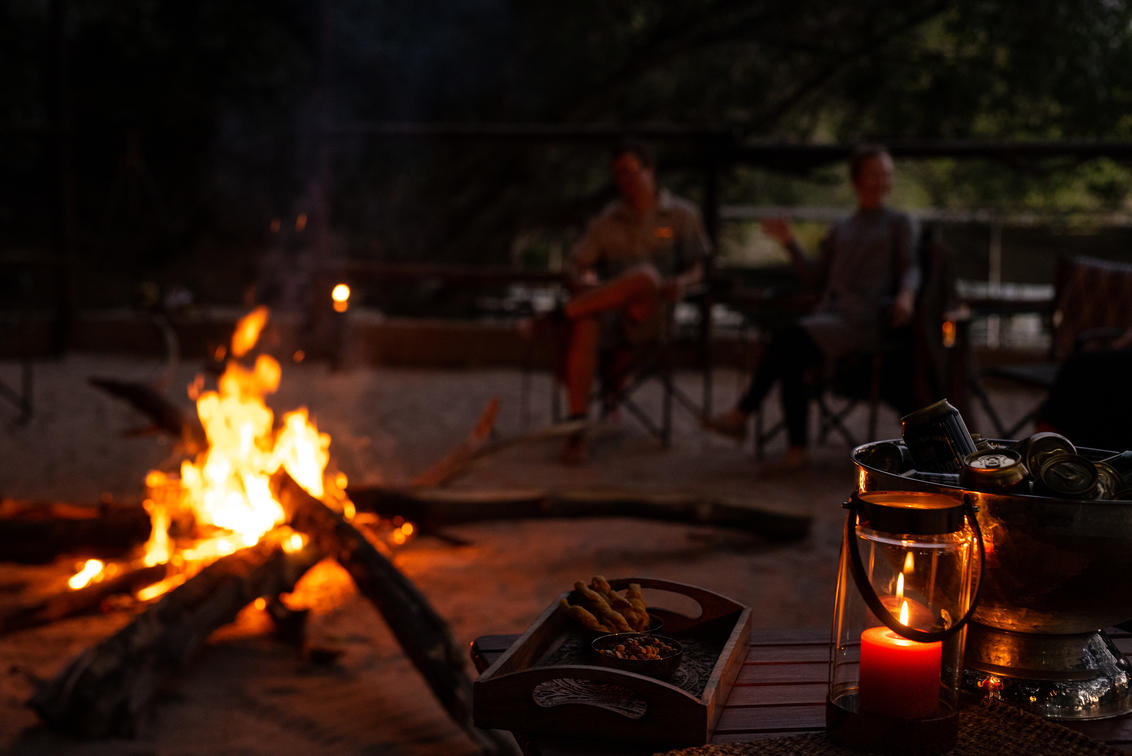
Leaving Ichingo and travelling a few kilometres upstream on the Chobe River we ‘upsized’ our boat… exchanging our sleek fishing motorboats for a 45m long luxury houseboat, the Zambezi Queen.
A boat safari on a floating boutique hotel is an entirely different experience from a traditional land-based safari. This is a luxury vessel, with three floors and only fourteen cabins, so no more than 28 passengers at a time. Classic elegance with modern comforts, a five-star experience in a wild environment. Navigating roughly 25km of the Chobe River, the Zambezi Queen allows you to explore the river and the land from a different vantage point. Watching the landscape constantly unfolding and changing before your eyes.

There is something very special about drifting along a river with wildlife at eye level and almost within arm’s reach. Drinking herds of elephants, temperamental looking buffaloes, yawning pods of hippos and solitary, stealthy crocodiles that floated like slightly/partially submerged logs or basked on sandbanks in the morning sun. Staying onboard the Zambezi Queen is like being on a permanent game viewing vehicle, but with a much higher comfort factor. This is a fantastic way to see wildlife from a completely different angle. The boat cruises slowly down the river, the Caprivi Strip on one side and Chobe National Park on the other, allowing you plenty of time to soak up the scenery.
[gallery type="rectangular" link="file" size="full" ids="15481,15482,15483,15484"]
That first evening, moored in Namibian waters as the sun went down, we sat back, a glass of wine in hand. Admiring the scenery and the dramatic colours of the sky and watching as the glowing orange sun slipped below the horizon. From the top deck, a large open space that houses the bar, lounge and dining area, large windows provided uninterrupted views of the river as twilight covered the land beyond.

The soft lapping of water, the muffled grunts of hippos and the chirping of swallows nesting in the eves just outside my window, woke me the next morning. Opening the curtains, before returning to the comfort of a luxurious bed, we watched the Chobe River waking up before our eyes. A couple of hippos bobbed up and down in the water. A small herd of buffalo stared balefully and directly at us. Swaying grass on the bank revealed glimpses of camouflaged impala. The beauty of the scene left us speechless.
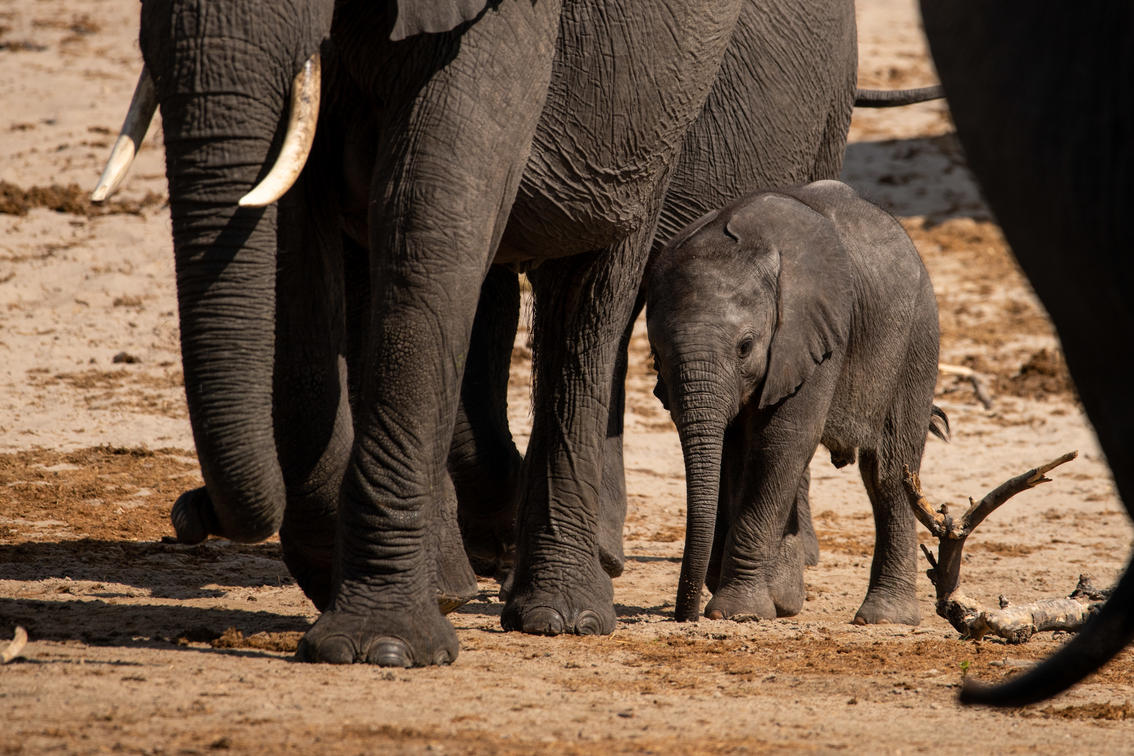
The male members of my family opted for a pre-breakfast trip to cast their rods into the water. I chose a more sedate bird-watching trip. Gallinules, rails, crakes, herons and more flew amongst the floating reed bed islets. Dozens of smaller birds flitted through the undergrowth, their bright iridescent colours flashing against the foliage. Jacanas strode across rafts of waterlily leaves, each leaf the size of a dinner plate. The slow drift of our tender boat meant we didn’t disturb the peace and we could get right up close to the birdlife.
[gallery size="full" type="rectangular" ids="15473,15475"]
After breakfast back on the boat we relaxed the morning away, a pair of binoculars close at hand, to take a closer look at anything that drew our attention as we drifted past.
Leaving the ‘mother ship’ that afternoon by tender boat, we went out to get even closer to the wildlife. The dark blue colour of the river contrasted with the greens and browns of the bank. Birds swooped past us. Baboon families came down to the water’s edge and drank, beside herds of impala and puku. We drifted past elephants, trunks in the water, who paused mid ‘sip’ to watch our progress. Kingfishers hovered and plunged in the river, hunting for fish. There was something mesmerising about the river that afternoon.

Our final dinner on board. Glasses and cutlery glistened in the warm glow of the dining cabin. This was an African-themed dinner with a variety of traditional dishes. Waiters kept glasses full. Several trips were made by my various family members, back and forth to replenish their plates from the numerous desert offerings. The entire Zambezi Queen cast and crew sang a selection of songs to farewell us before our early morning departure the following day.
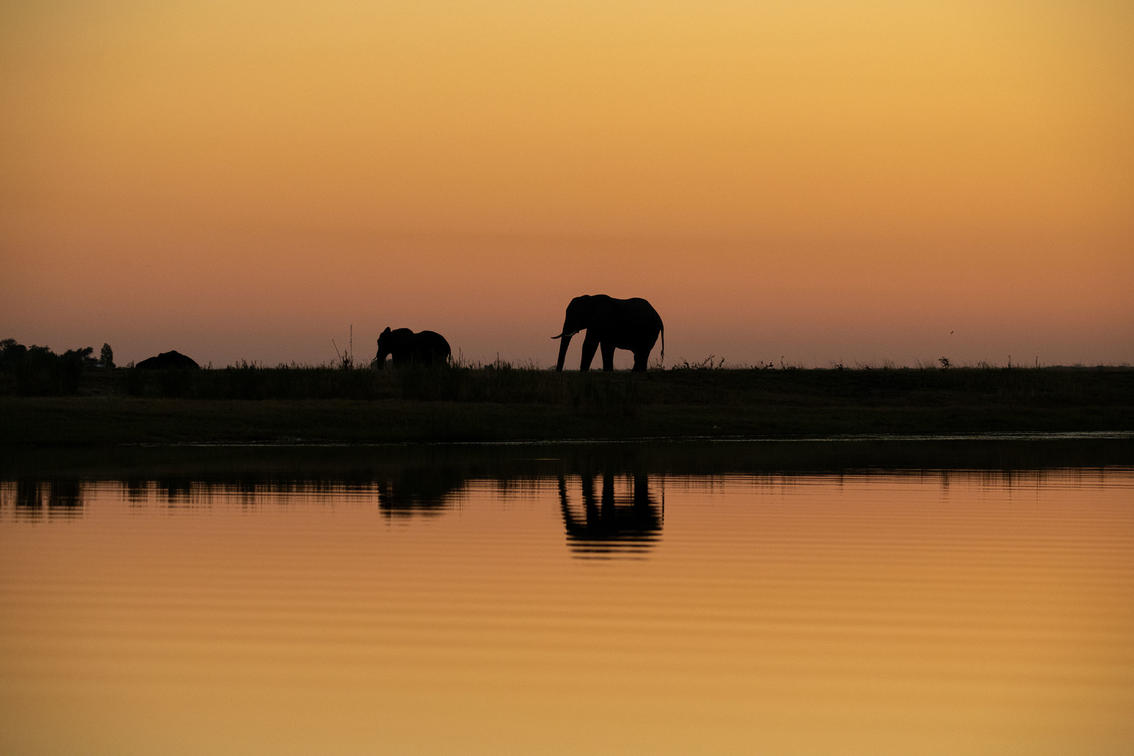
Ichingo River Lodge and the Zambezi Queen are ideally located for those wanting to visit the Chobe National Park and/or the Victoria Falls.
ICHINGO RIVER LODGE www.zqcollection.com/ichingo-chobe-river-lodge/
ZAMBEZI QUEEN www.zqcollection.com/zambezi-queen/

All photos were provided by the author.


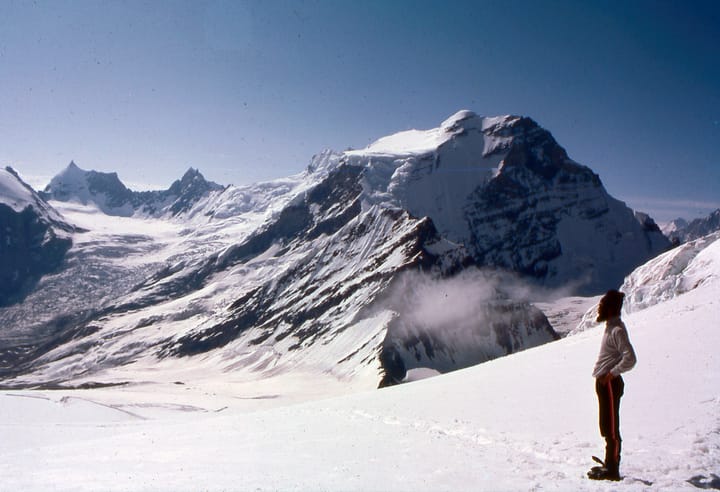
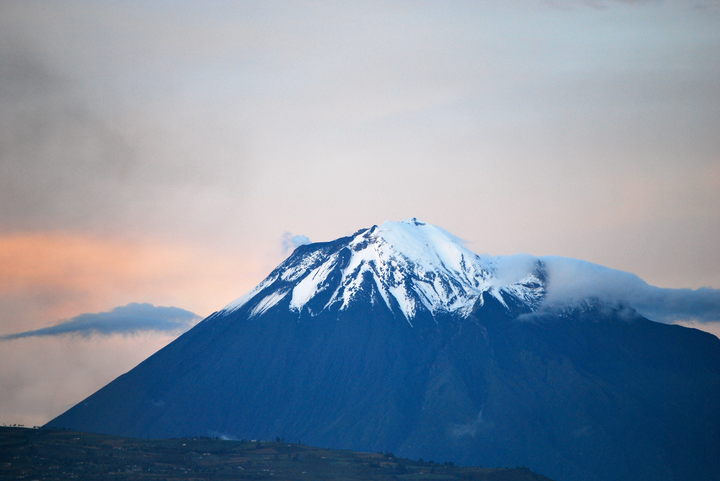
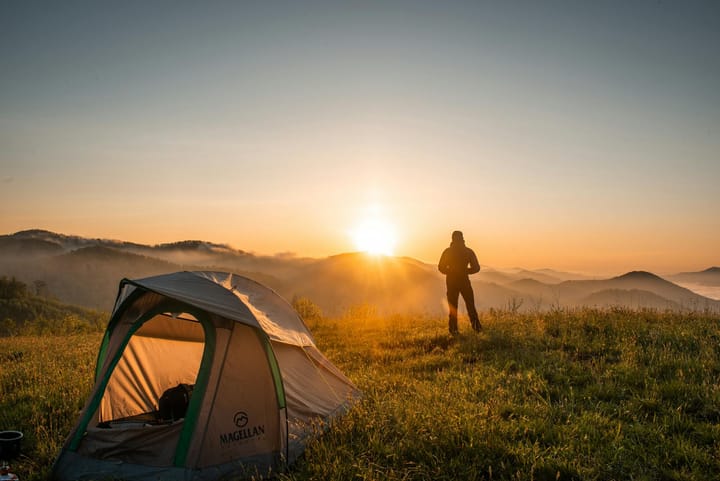
Comments ()